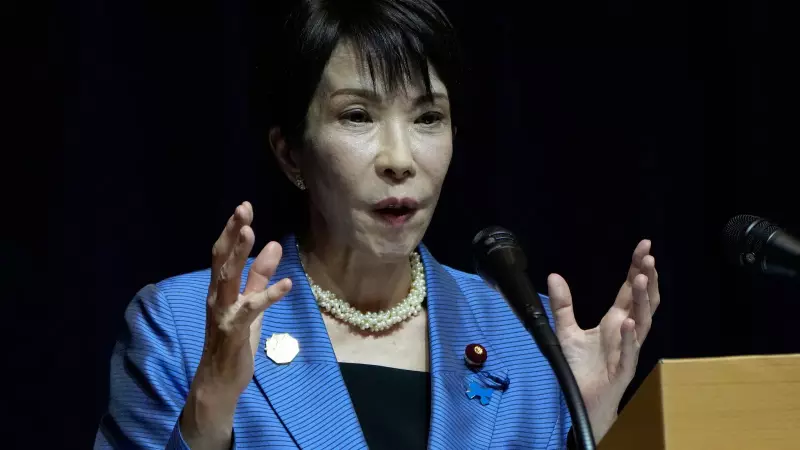
In a startling revelation that has sparked concerns about work-life balance in high-pressure political roles, Japanese Prime Minister Fumio Kishida has disclosed she sleeps only two to four hours per night. This admission came just one day after she participated in an emergency meeting that concluded at 3 AM, highlighting the extreme demands faced by world leaders.
The 3 AM Emergency Meeting That Preceded the Revelation
The Japanese Prime Minister made her surprising sleep schedule disclosure during a press conference on Wednesday, November 29, 2023. This followed an urgent late-night meeting about North Korea's announcement regarding a spy satellite launch. The high-stakes security briefing stretched into the early morning hours, concluding around 3 AM, demonstrating the unpredictable nature of global leadership responsibilities.
Kishida addressed journalists at her official residence in Tokyo, where she openly discussed the physical toll of her position. "I sleep about two to four hours a day," the Prime Minister stated matter-of-factly, acknowledging that this limited rest pattern has become her normal routine rather than an exception during crises.
Sleep Deprivation Among World Leaders: A Common Pattern?
While Kishida's admission might surprise many, sleep deprivation among global leaders is not unprecedented. Former Japanese Prime Minister Shinzo Abe similarly reported surviving on approximately five hours of sleep nightly during his tenure. The current Prime Minister's even more restricted sleep schedule raises important questions about decision-making capabilities and long-term health implications for those in power.
Medical research consistently shows that adults typically require seven to nine hours of sleep for optimal cognitive function and health. Chronic sleep restriction to the levels described by Kishida can impair judgment, memory, and reaction times - particularly concerning qualities for someone with nuclear codes and responsibility for a nation's economy and security.
The Prime Minister's revelation comes amid ongoing discussions about workplace culture in Japan, where long working hours have traditionally been celebrated but are increasingly recognized as potentially harmful. The Japanese government has actually implemented policies to combat excessive overtime, creating an interesting contrast with the leader's own extreme schedule.
Broader Implications for Leadership and Health
Kishida's disclosure provides a rare glimpse into the personal sacrifices made by those in top governmental positions. The timing of her statement, following an emergency national security meeting, underscores how global crises don't adhere to conventional working hours. World leaders must remain available around the clock to address developing situations, regardless of the time zone or hour.
This revelation also raises questions about sustainable leadership practices. While short-term sleep reduction might be necessary during emergencies, chronic sleep deprivation could potentially affect the quality of decision-making over longer periods. The Prime Minister's comments have ignited discussions among health professionals about whether nations should consider implementing more formal support systems to protect leaders' wellbeing.
As the world becomes increasingly interconnected and global crises more frequent, the demands on political leaders continue to intensify. Kishida's candid admission about her sleep patterns highlights the very human cost of leadership in the modern era, where borders provide little protection from international emergencies that demand immediate attention, regardless of the hour.
The conversation sparked by the Japanese Prime Minister's disclosure extends beyond politics into broader societal questions about work culture, health, and the expectations placed on those in positions of ultimate responsibility. As citizens worldwide process this revelation, many are reconsidering the true price of leadership in our complex global landscape.






